Traveling to new destinations is exciting, offering opportunities to explore different cultures, try new foods, and embark on unforgettable adventures. However, alongside the thrill of exploration comes the responsibility of ensuring your safety. Whether trekking solo through the mountains or navigating the streets of a bustling city, being prepared and aware can make all the difference.
In this article, we’ll share essential travel safety tips to help you stay safe on your adventures and ensure that you return home with only good memories.
1. Research Your Destination Thoroughly
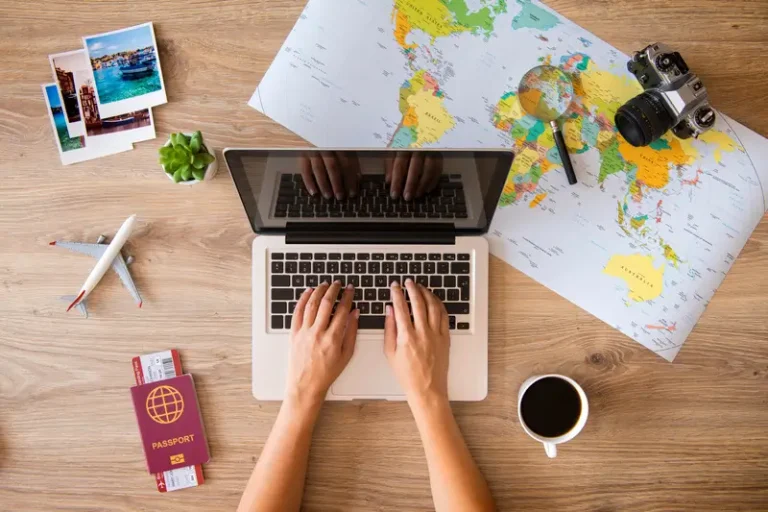
Before you even step foot in your destination, it’s essential to do some homework. Preparing in advance allows you to familiarize yourself with local traditions, identify safety risks, and learn critical etiquette for your destination.
What to Look For:
- Cultural norms and local laws: Every country has its own customs and rules; some behaviors acceptable in your home country may be frowned upon or illegal abroad. Research dress codes, local etiquette, and legal regulations to avoid offending locals or running into trouble.
- Current events and travel advisories: Check for government-issued travel advisories regarding safety concerns such as political instability, health outbreaks, or environmental hazards. Sites like the U.S. State Department or the UK Foreign Travel Advice provide up-to-date information.
- Common scams: Every major tourist destination has its fair share of scams. Whether it’s overcharging for goods or elaborate tourist traps, reading about common scams can help you recognize and avoid them.
Pro Tip:
Join online travel forums or social media groups where travelers share their experiences and give practical advice about specific destinations.
2. Keep Your Valuables Secure
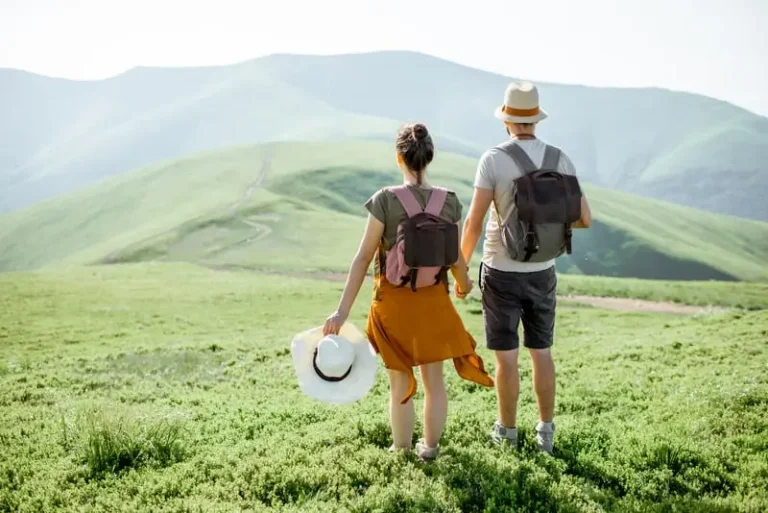
One of the top concerns for travelers is protecting their valuables, especially in crowded or unfamiliar places. Theft can happen anywhere, so taking precautions is crucial.
Tips for Keeping Valuables Safe:
- Use anti-theft bags: Invest in a crossbody bag or backpack with lockable zippers and RFID protection to safeguard your belongings. Anti-theft bags also come with slash-resistant straps, making it difficult for thieves to cut them off.
- Wear a money belt or hidden pouch: Store your credit cards, passport, and extra cash in a concealed money belt or hidden pouch worn under your clothes. This reduces the chance of pickpocketing in busy areas.
- Leave unnecessary valuables at home. Only bring them if you need them. Expensive jewelry, flashy gadgets, or excess cash can make you a target for theft. Take only the essentials for your daily activities and store the rest securely in a hotel safe or another trusted location.
Pro Tip:
When out and about, carry a dummy wallet with small cash. If thieves target you, you can hand over the decoy wallet while keeping your real valuables hidden.
3. Stay Aware of Your Surroundings
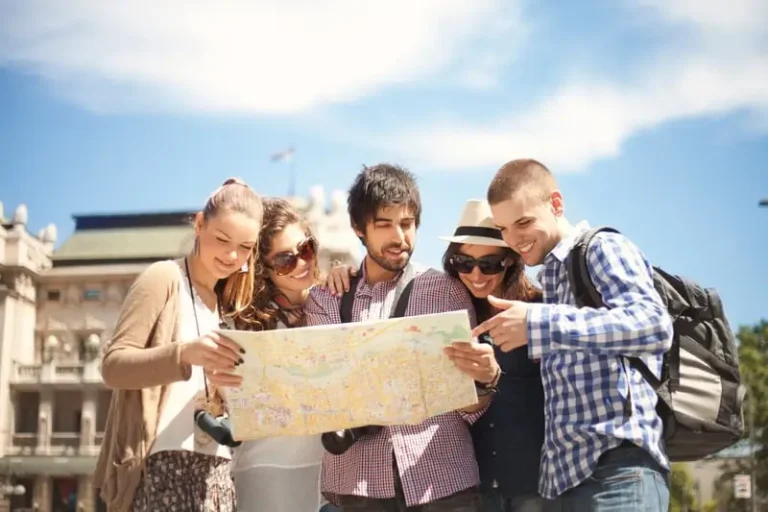
Awareness is one of the most powerful tools for staying safe while traveling. While getting lost in the excitement of exploring is easy, staying alert can help you avoid potential risks.
How to Stay Aware:
- Avoid distractions: Constantly looking at your phone can make you an easy target. Keep your head up and your phone away when walking through crowded streets or unfamiliar neighborhoods.
- Trust your instincts: If something doesn’t feel right, it’s better to be cautious. Whether it’s a suspicious person or a sketchy area, don’t hesitate to change direction, head to a more populated area, or seek help.
- Know where you’re going: Before heading out, plan your route. This prevents you from looking lost or disoriented, which can attract unwanted attention. If you need to check directions, step into a cafe or quiet corner to consult your map or phone.
Pro Tip:
Stay alert in transportation hubs like airports, train stations, or bus terminals. These places are often hot spots for pickpockets and scammers.
4. Be Cautious with Public Wi-Fi

While free public Wi-Fi is convenient for travelers, it can also be risky. Unsecured public Wi-Fi networks can expose your personal information to hackers, risking your privacy.
Tips for Safe Internet Use:
- Avoid sensitive activities: Don’t access sensitive information, such as online banking or credit card purchases, using public Wi-Fi.
Use a VPN: A VPN, or Virtual Private Network, encrypts your internet connection, providing an extra layer of security when browsing online. Public Wi-Fi networks in cafes, hotels, or airports can be risky, but a VPN provides added protection in these environments.
- Turn off auto-connect: Disable the auto-connect feature on your phone or laptop to prevent it from automatically joining unsecured networks.
Pro Tip:
To protect your privacy, access sensitive data using your phone’s data connection or a portable hotspot instead of public Wi-Fi.
5. Keep Friends and Family Informed

When traveling solo or with others, keeping someone back home informed about your plans is essential. This helps provide peace of mind and ensures that someone knows about your location in an emergency.
- Share your itinerary: Send your travel itinerary, including flight details, accommodation information, and planned activities, to a trusted friend or family member. Update them if plans change.
- Check-in regularly: Set up regular check-ins, especially if you’re traveling solo. Every few days, a quick text or call lets people know you’re safe.
- Use tracking apps: Apps like Google Maps or Find My Friends allow your loved ones to track your location in real-time, providing added security during your travels.
Pro Tip:
If you’re traveling to areas without cell service, a satellite phone or GPS tracker can be a lifesaver for emergency communication.
6. Protect Your Health While Traveling
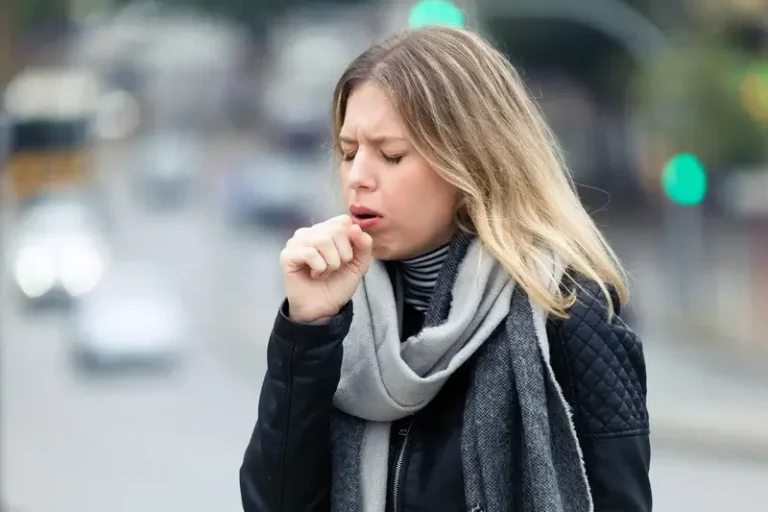
Maintaining your health on the road is just as crucial as ensuring your safety. Illness or injury can quickly ruin a trip, so it’s wise to protect your health.
Travel Health Tips:
- Get vaccinated: Certain vaccines may be required or recommended depending on your destination. Before you go, check the Centers for Disease Control and Prevention (CDC) or your country’s equivalent for vaccine recommendations.
- Bring a travel first aid kit: Pack a small kit with essentials like band-aids, pain relievers, antacids, motion sickness medication, and any prescription medications you need.
- Stay hydrated: Staying hydrated is essential, especially in hot destinations. Carry a refillable water bottle and frequently drink water.
- Be mindful of food and water safety: In some countries, avoiding tap water and street food is the best way to prevent foodborne illnesses. Stick to bottled water, eat at reputable restaurants, and be cautious about raw or undercooked foods.
Pro Tip:
Purchase travel insurance that covers health emergencies, including hospital stays, evacuations, and accidents. It’s an essential safety net for unexpected situations.
7. Blend In and Stay Low-Key
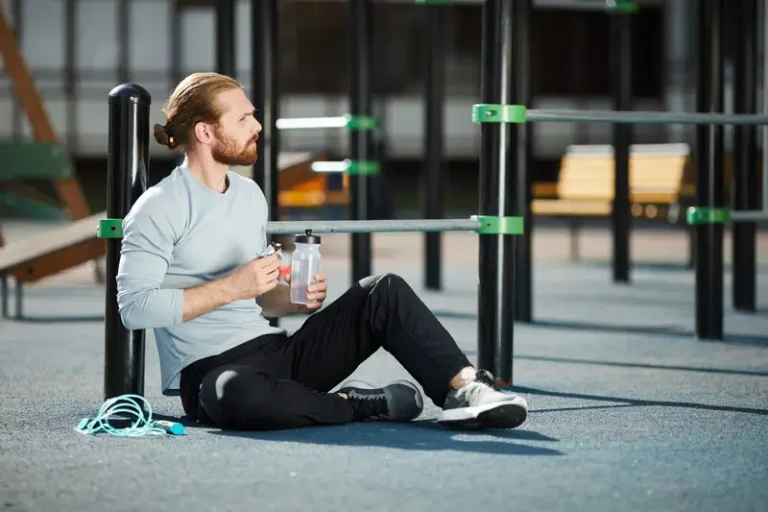
Standing out as a tourist can make you more vulnerable to scams or theft. Adapting to the local culture and blending in can help avoid unwanted attention.
How to Blend In:
- Dress like a local: Research what locals typically wear and try to match their style. Avoid flashy or brand-name clothing that could draw attention.
- Be discreet with money and valuables: Avoid pulling out large sums of cash or showing off expensive gadgets when paying for items. Keep your money organized and use small bills where possible.
- Learn basic phrases: Knowing a few essential phrases in the domestic language, such as “thank you,” “hello,” and “help,” can go a long way in earning respect and navigating everyday situations.
Pro Tip:
Avoid carrying large, touristy maps in public. Instead, use your phone’s GPS or pre-plan routes in your hotel to avoid looking lost.
FAQ
Is it safe to travel alone?
Yes, solo travel can be safe when you take essential precautions, like staying alert, securing your belongings, and sharing your plans with trusted individuals.
How can I avoid scams while traveling?
Research common scams in your destination, avoid overly friendly strangers offering unsolicited help, and always use official services like taxis or tours.
Do I need travel insurance?
Yes, travel insurance is highly recommended. It covers health emergencies, trip cancellations, lost luggage, and more, providing peace of mind during your trip.
How can I protect my phone while traveling?
To keep your phone and data secure, use a strong passcode, enable remote tracking features, and avoid connecting to public Wi-Fi without a VPN.
What should I do if I get lost in a foreign city?
Stay calm, find a safe place to regroup, and use a map or ask for directions from an official source like a hotel or tourist information center.
Conclusion
Staying safe while traveling can be manageable. With preparation, awareness, and the right mindset, you can explore the world confidently while minimizing risks. Following these travel safety tips ensures your adventures are thrilling, secure, and satisfying.
Travel-wise, stay cautious and enjoy the freedom of discovering new places with peace of mind.


